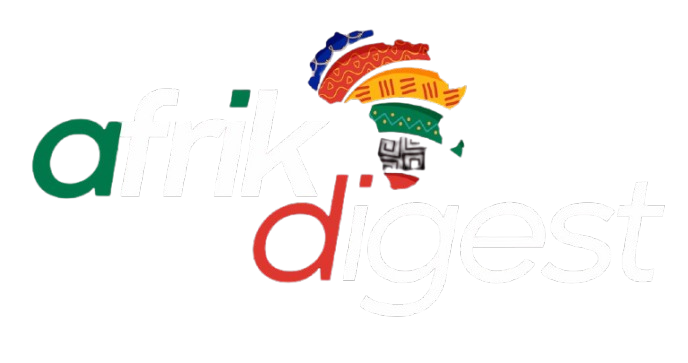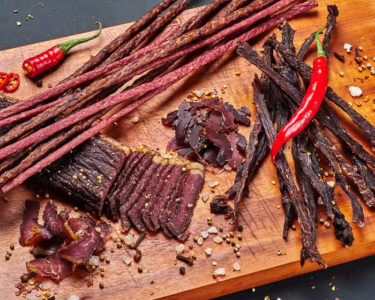Germany has acknowledged early 1900s genocide of Herero and Nama people, but reparations remain elusive.
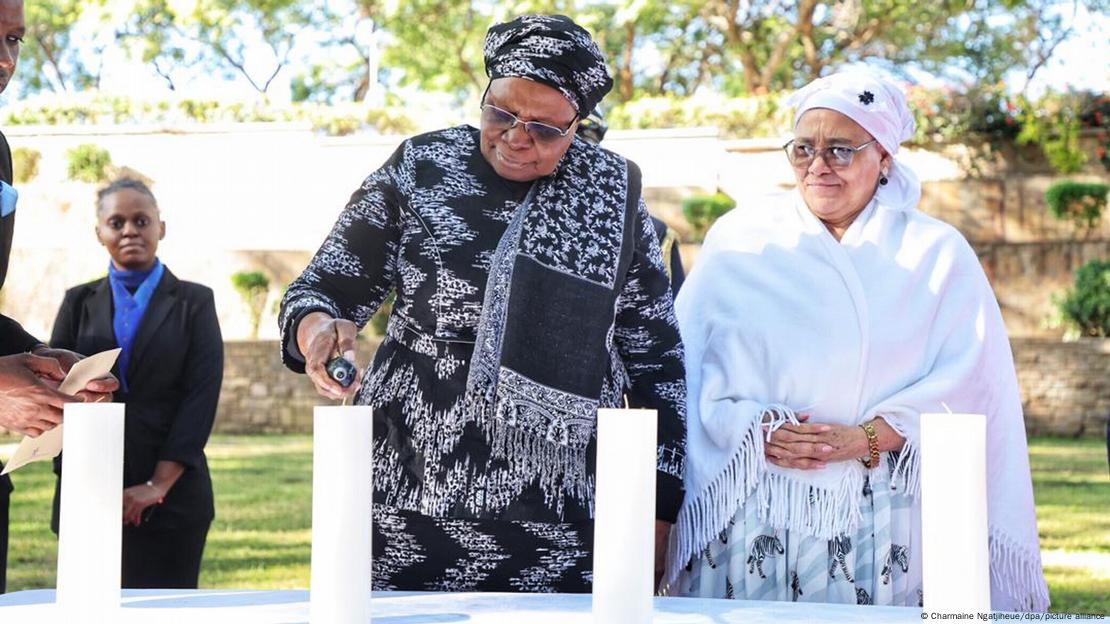
Namibia marked the mass killings of Indigenous people in the early 20th century by former colonial ruler Germany with its first genocide remembrance day on the 28th of May 2025.
The day was declared a national holiday last year by the government and was commemorated for the first time with a ceremony in the gardens of the national Parliament in the capital, Windhoek.
Between 1904 and 1908, tens of thousands of Herero and Nama people were massacred or forced into concentration camps and starved by German colonial forces under the command of Gen. Lothar von Trotha, in what was then German South West Africa.
Some of their skulls were taken to Germany for racist experiments and were stored in German hospitals, museums and universities for decades.
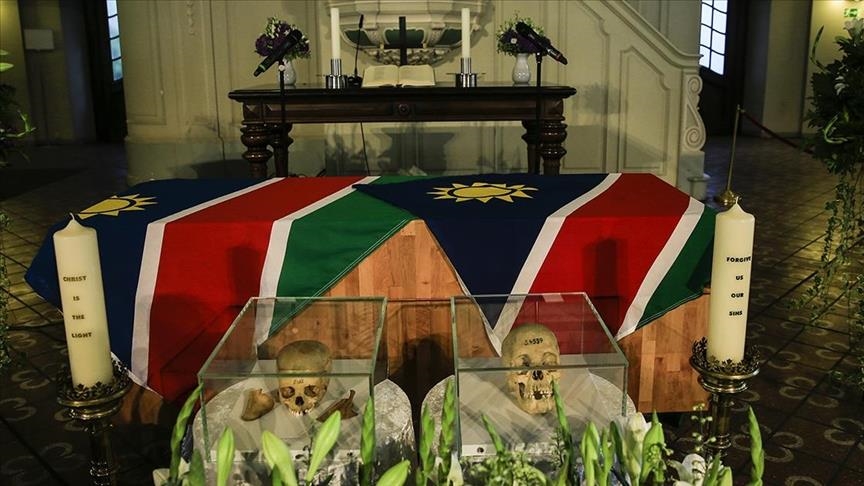
Germany, which colonised Namibia from 1884 to 1915, previously acknowledged the genocide in 2021, but talks on reparations stretching back to 2013 have been fruitless. Germany agreed to pay Namibia €1.1bn (then £940m) to fund development for the Herero and Nama. It said this was a gesture of “reconciliation”, but not compensation or reparations. Germany returned the skulls and other human remains to Namibia in 2011 and 2018.
Namibian President Netumbo Nandi-Ndaitwah said at a commemorative event on the grounds of Parliament in the capital, Windhoek, that her country has been in talks with Germany for more than a decade about a formal apology and reparations.

Although the German government had agreed to apologize, “we have yet to reach an agreement on repatriation,” Nandi-Ndaitwah said, adding that “These are complex negotiations that have been going on since 2013, and we have made progress, and consensus is key because we may forgive but never forget.”
She said May 28 will remain a public holiday of commemoration beginning this year, and that it is critical to fostering a peaceful and united Namibia.
While figures remain contested, according to conservative estimates, around 65,000 of 80,000 Herero people and at least 10,000 out of 20,000 Nama people were killed under German rule.
Up to 100,000 people are said to have died at the hands of German forces with the period of history now widely accepted as the 20th century’s first genocide.
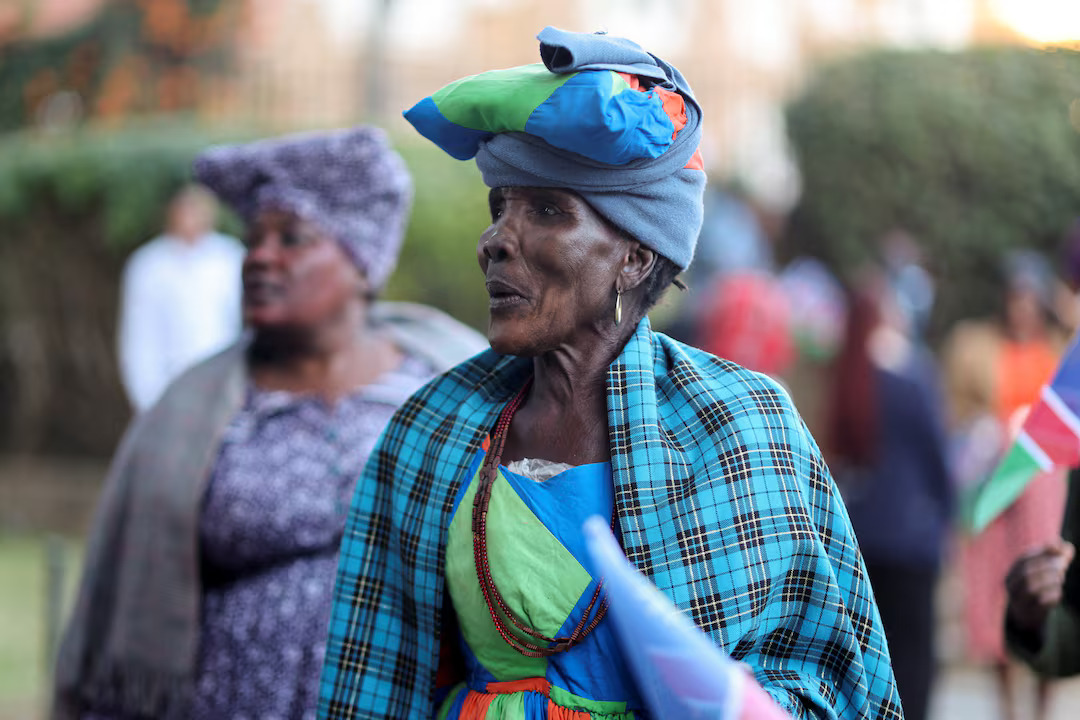
Germany’s ambassador to Namibia, Thorsten Hutter, said in a speech at the memorial: “It is a stark reminder of the pain and suffering that was inflicted by German imperial troops during the colonial era … We cannot change the past, but as the people who are living today, it is our responsibility to remember those atrocities that were committed.”
Symbolic candles were lit at the remembrance ceremony, which was also attended by leaders and descendants of the Herero and Nama people. Namibia chose May 28 as the day to mark the genocide because it was the date Germany finally gave the order to close down the concentration camps.
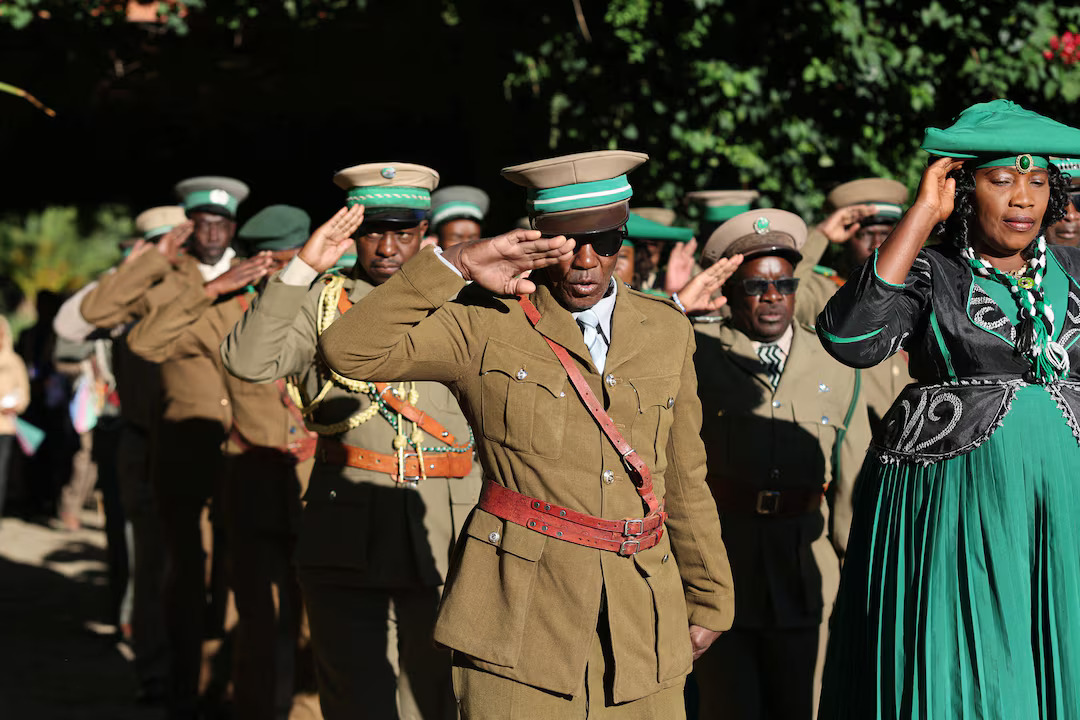
Germany was forced out of the colony in 1915. Namibia passed to South African rule, and only gained independence in 1990.
The events are now recognized by historians as the first genocide of the twentieth century.
Some historians see the killings as a precursor to the Holocaust during the second world war.

